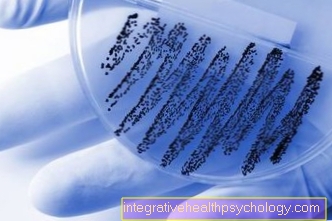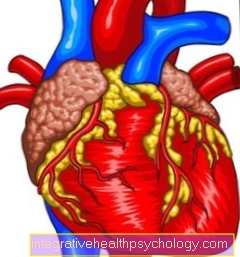Esophagitis Treatment
introduction
Therapy can vary depending on the form and origin of the Esophagitis be very different.
The most common form of esophagitis that Reflux disease, In addition to treating the cause, one can work well with one Gastric acid inhibitors (=Proton pump inhibitor) to treat.
Further information on therapy can be found under our topic:
Reflux disease

General
General therapeutic measures for esophagitis / esophagitis must primarily ensure food intake. For example, it may be temporarily necessary to insert a nasogastric tube, which ensures nutrition and can also prevent the esophagus from becoming completely closed if the scarring is advanced.
In the case of swallowing pain, the administration of a pain reliever (analgesic) helps, either in the form of a local anesthetic that temporarily numbs the mucous membrane or a systemic, i.e. pain reliever effective throughout the body.
If the esophagus is infected with tuberculosis, special antibiotics are given. Tuberculostatics)that kill the tuberculosis bacteria. Therapy with tuberculostatics must be continued for at least 6 months and these drugs must always be administered in multiple combinations, i.e. several antibiotics must be given at the same time.
In the syphilis give high and repeated doses of antibiotics at this late stage of the disease affecting the esophagus (penicillin, Tetracycline).
The Thrush esophagitis is treated with drugs that fight the fungus (Antifungal drugs). If the immune degradation is relatively easy, one can treat with antifungal drugs in tablet form (oral), e.g. with Nyastin. However, if the immune defense is severely reduced, the antifungal drugs must be given via the vein (intravenously), as the highly effective Amphotericin B.
In viral esophagitis, you have to give drugs that inhibit the virus (Antiviral).
The Herpetic esophagitis and the Varicella-zoster esophagitis can be used effectively with Acyclovir to treat.
In the Cytomegaly esophagitis the antiviral ganciclovir works more effectively. Here, too, the principle applies that, depending on the severity of the immunosuppression, the antiviral agent is administered either orally or intravenously.
If the esophagus is involved in Crohn's disease or sarcoid, immunosuppressive therapy (suppressing the body's own defenses) must be initiated, for example with cortisone.
Of course, in the case of thermal esophagitis, the person affected must be advised to refrain from eating and drinking that are too hot in the future.
Special diagnostics and therapy for acute burns to the esophagus:
A special case is the treatment of acute burns to the esophagus.
As a first measure, the injured person should quickly drink plenty of water or milk on site. Under no circumstances should the affected person vomit, as the acid (or lye) swallowed can cause further damage by passing through the esophagus again.
The next thing to do is to do a laryngoscopy (laryngoscopy) to detect any swelling of the larynx and, if necessary, to quickly secure the patient's airways.
This is done by means of intubation, i.e. a tube is placed in the trachea under anesthesia and connected to a ventilator.
The next step is to x-ray the chest cavity (thorax) in order to diagnose a tear in the esophagus (perforation) at an early stage. If there is a tear in the esophagus, an immediate operation is required. In the case of a perforation, the x-ray shows free air in the central chest cavity (mediastinum).
Since air appears black in the X-ray image, black inclusions can be seen in areas where they do not belong.
If no rupture of the esophagus is diagnosed, the patient must still be monitored for 72 hours as there is a risk of late perforation.
In the case of a proven perforation, in addition to the emergency operation, the administration of an antibiotic is also planned, because bacteria from the esophagus always get through the crack into the chest cavity.
Read more on the topic: Chest x-ray (chest x-ray)
Homeopathic treatment
There are several herbal remedieswhich homeopaths claim to be effective in relieving the symptoms of inflammation of the esophagus (esophagitis). These should start at different points. One of the points of attack is gastric motility, i.e. the transport of food. By means of the homeopathic remedy Nux vomica (German: Nugget) this should be increased so that the speed of food transport and thus gastric emptying increases. It should be taken before a meal to stimulate digestion at the right moment.
Another point of attack for the homeopathic treatment of esophagitis is the alleviation of the "caustic" effect that stomach acid has on the mucous membrane of the esophagus. For this purpose, means such as Robinia (German: False acacia), Capsicum (German: Spanish pepper), Acidum sulfuricum (German: sulfuric acid), Cantharis (German: Spanish fly) and Iris versicolor (German: Iris) are used.
As is common in homeopathy, all of these agents are used in very strong dilutions. There is no scientific evidence of effectiveness in the treatment of esophagitis for any of the agents. If the inflammation is caused by an injury, for example after swallowing a sharp or angular object, a doctor should always be consulted. Here, homeopathic remedies are rarely a sufficient therapy.
Treatment with home remedies
In most cases, esophagitis is caused by one Reflux of stomach acid into the esophagus.The acidic stomach contents are corrosive to the esophagus in the long term and thus lead to inflammation of the mucous membrane. So home remedies for treating inflammation of the esophagus are primarily aimed at reducing the backflow of stomach acid or making the stomach acid less corrosive. There is no reliable proof of effectiveness for any of the home remedies mentioned.
Among other things, the following remedies are used to treat heartburn:
- Warm tea (for example chamomile tea)
- a hand full nuts, chewed slowly and swallowed as a pulp
- milk (this is supposed to neutralize stomach acid, but this is not scientifically the case)
- in a glass of warm water dissolved soda powder (this should serve to neutralize the acidic stomach contents)
- To chew bubble gum
- Schüssler salt
In general, the following applies: If heartburn persists for a long time, a doctor should be consulted. Long-term esophagitis should be treated; for this, effective and relatively few side effects are available.


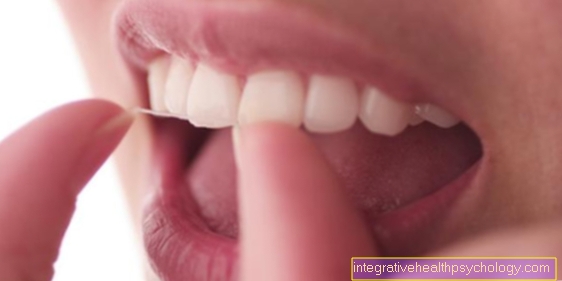
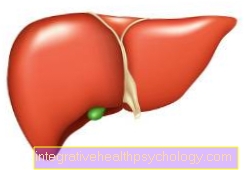



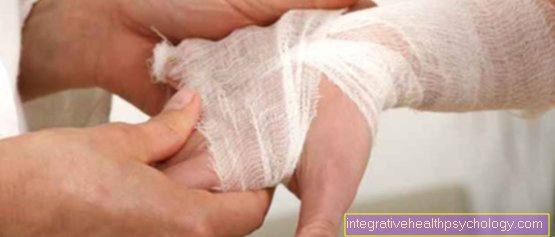





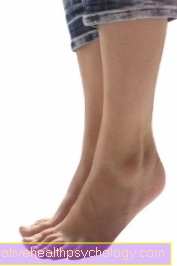






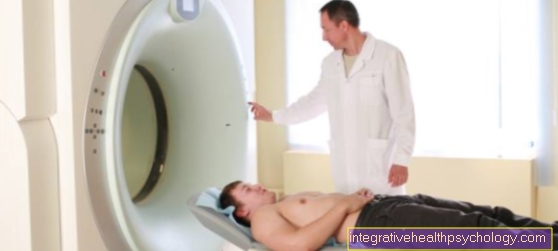

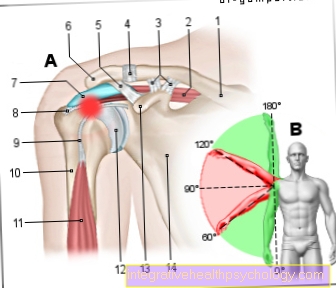
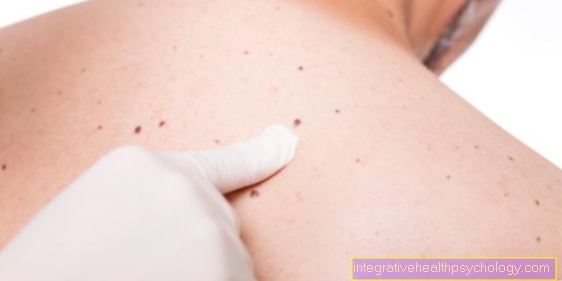
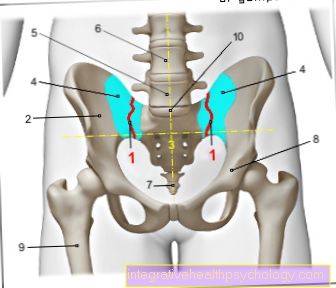
.jpg)

